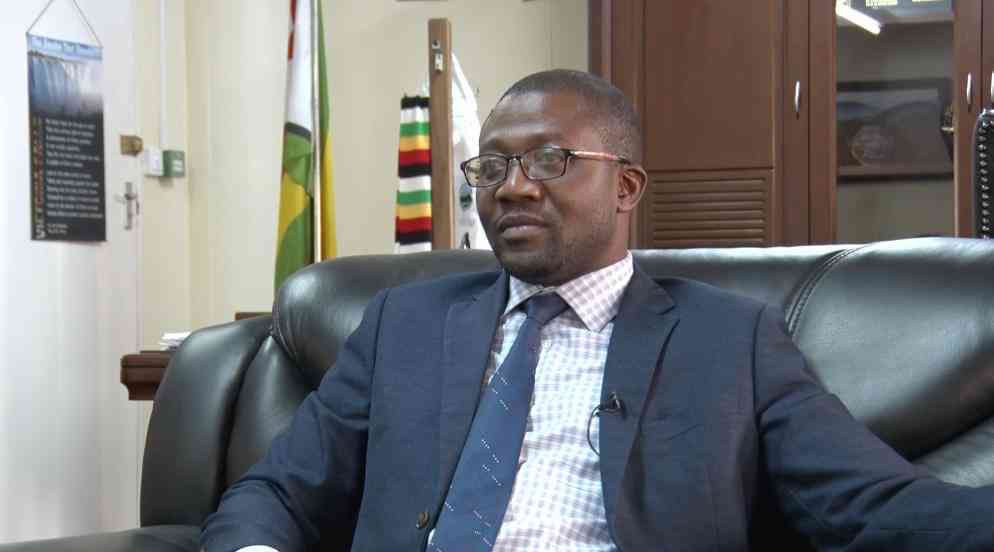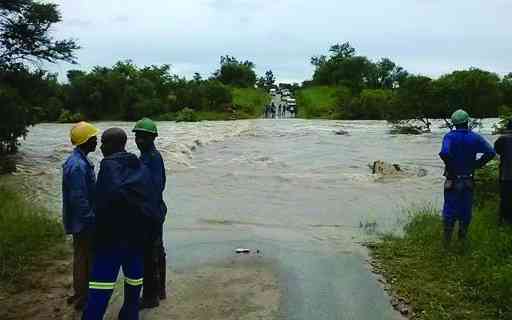
INDUSTRY and Commerce minister Mangaliso Nqobizitha Ndlovu has urged chief executive officers (CEOs) in various corporate organisations to embrace technology to promote intra-Africa trade.
Speaking on day one of the CEO Africa Roundtable’s 10th annual conference in Victoria Falls yesterday, Ndlovu said focusing on beneficiation and value-addition would drive the diversification of African economies.
“Africa has immense potential and with the right vision and collaboration, we can transform into an economic powerhouse,” he said.
“To modernise Africa, we must embrace technological innovation and digital transformation, requiring substantial investments in infrastructure and an environment that fosters entrepreneurship.”
Ndlovu said reshaping Africa’s economic landscape involved promoting intra-Africa trade, harmonising policies and creating seamless cross-border supply chains.
“Diversifying economies, moving beyond extractive industries and focusing on beneficiation and value-addition will drive sustainable growth.”
He said there was a need for primary producers to focus on value-addition to create more value for local raw materials while creating employment in the country.
“Zimbabwe, in particular, has made progress, but we need to evaluate and beneficiate our primary production to create more jobs and value. Africa should be the centre of future technological breakthroughs, moving beyond celebrating others' technologies,” the minister said.
- Economists slam govt’s ‘fallacious’ inflation targets
- Zim CEOs land in US for crucial talks
- Zim CEOs ink deal in US
- Business gives economy thumbs down
Keep Reading
President Emmerson Mnangagwa will today officially open the conference, which is running until tomorrow.
The 10th edition of the CEO Africa Roundtable is running under the theme The Future of Africa: Modernise, Reshape and Growth.
CEO Africa Roundtable chairperson Oswell Binha said Africa should focus on developing its own ideas and advocate the harnessing of diverse resources and the emerging green digital economy.
“A major challenge is the dominance of external ideas and models in African development,” he said.
“In recent years, we have seen growing concerns among African citizens about the utilisation of our natural resources.
“Despite our rich resources, Africa faces challenges like infrastructure gaps, poor governance, corruption, poverty and a significant tradedeficit.”
Binha said Zimbabwe was strategically located to influence the continent’s economics and generate global value chains in various sectors.










